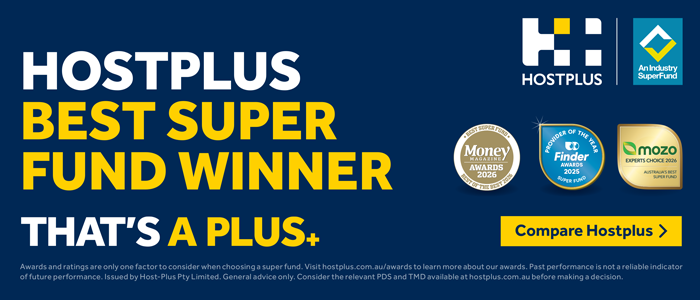
As live music in pubs continues to experience challenges around the country, the owner of Melbourne institution Nevermind shares tips for aspiring operators, out of nearly three decades of success.
Founded in 1998, in the heady days of grunge emanating from America’s west coast, Nevermind took its name from Nirvana’s seminal 1991 album of the same name.
It swiftly became entrenched in Melbourne’s hard-rocking live music scene and has become a mecca for music lovers and party animals, known for its friendly vibes, free-flowing drinks and good times, live acts and DJ sets.
Founder Cameron Jackson is a big believer in seeing those in the business of music able to enjoy the same kind of longevity they have at had the bar.
“We recognised there was an opportunity in the market for somewhere for people to go that wasn’t a big pub and wasn’t a big nightclub,” says Jackson.
“We’re entering our 27th year now and having a really great time. Putting on a great time for people and live music is a significant part of that.”
Many of the long-standing band venues have closured in recent years, often due to rising costs and gentrification, but Jackson maintains it is vital the creators are adequately compensated for their work for it to all work.
“I love the term music creators, because it just covers everybody in the artistic and performance space, from the guys that write the music through to the performance artists themselves.
“As music consumers we feel really strongly that the artists need to be paid fairly and reasonably.
“We know how hard it is for music creators to make a dollar and it gives us a great sense of fairness that OneMusic is able to provide a revenue stream on our behalf.”

All businesses, including pubs and small bars, need a licence to play live music in a public setting. A OneMusic licence grants permission to play music otherwise protected by copyright.
The company says there are multiple options within a hospitality licence, and that every business is quoted individually and only pays for their music usage, differentiating between the likes of live music, background or events, like karaoke.
All money generated from OneMusic licences goes back to music creators as ‘royalties’, minus administration costs, using data on who is being played and how often, coming from reports and entities such as music suppliers.
In instances where venues do not have a licence, OneMusic attempts to find the source of any misunderstanding, which it says is typically about details of music licensing, and reports most businesses usually see the value and “are more than happy” before any last-resort legal proceedings.
Securing a music licence through OneMusic is a simple process that can be completed online in minutes.
OneMusic’s Sarah Dore recently conducted an interview with Nevermind founder Cameron Jackson (below).
